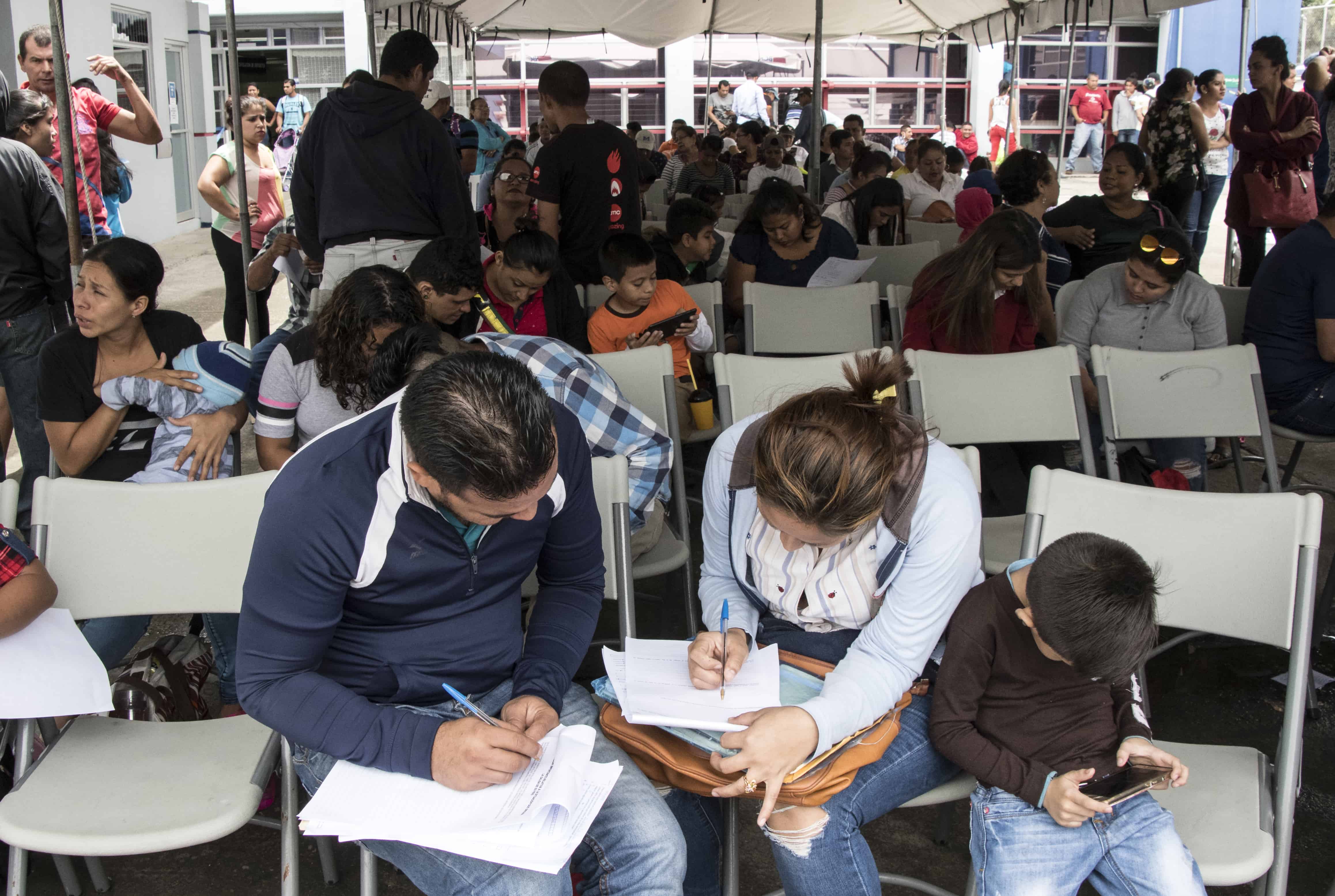The United Nations High Commissioner for Refugees (UNHCR) warns that a 41% funding cut is jeopardizing support for refugees in Costa Rica, especially Nicaraguans fleeing repression. With over 222,000 asylum claims pending, the country’s asylum system is buckling.
Nicaraguans escape political crackdowns, human rights abuses, and economic collapse, sparked by 2018 protests and worsened by 2021 elections. By March, Costa Rica hosted 194,000 Nicaraguan asylum seekers and 9,216 registered refugees, making up 83% of its refugee population and 4% of its 5.1 million people. These numbers cover over half of displaced Nicaraguans worldwide.
“Nicaragua’s crisis pushes thousands to Costa Rica, a country with a strong asylum tradition,” UNHCR says. But funding shortages have slashed cash aid for food and rent, legal help, and mental health support, especially in border towns like Upala. This leaves asylum seekers vulnerable to poverty and exploitation.
Costa Rica has stepped up, expanding its Refugee Unit in Upala and opening healthcare to asylum seekers, but resources are stretched thin. A 77% drop in registration capacity delays work permits, pushing Nicaraguans, Venezuelans, and others into unstable, informal jobs. Nicaraguan refugees, however, contribute by working in coffee fields and construction, boosting local economies.
UNHCR’s $1.5 billion global pledge for 2025 isn’t enough for Costa Rica, where operations were only 46% funded in 2020. The agency needs $40.4 million to keep programs running through 2025. Without it, vital services like child protection, education, and job training—focused on women, children, and remote areas—face cuts, risking regional instability in Central America.
UNHCR is begging governments and private donors to step up. “Costa Rica’s role as a safe haven is at stake,” the agency warns. As our country fights to maintain its commitment to refugees, the international community must act to keep these lifelines alive.






